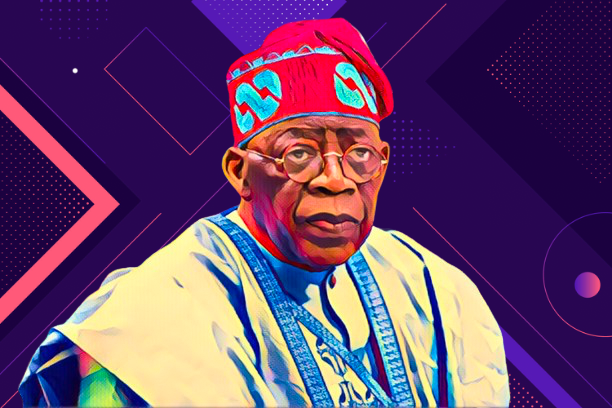In the wake of nationwide protests and increasing public dissatisfaction, the Nigeria Labour Congress (NLC) and prominent opposition figures have called on President Bola Tinubu to stop shifting blame and address the policies causing hardship across the country. They demand that the administration engage in meaningful dialogue with stakeholders to find real solutions.
The NLC has accused President Tinubu’s administration of using intimidation tactics against labor leaders since taking office. According to NLC President Joe Ajaero, the government’s recent actions, including the invasion of the NLC headquarters by security forces, are part of a broader strategy to suppress dissent. The NLC’s emergency National Executive Council (NEC) meeting over the weekend resulted in a communique condemning these actions and reaffirming the organization’s commitment to defending workers’ rights.
The NLC’s communique expressed deep concern over the government’s treatment of labor unions, stating that the administration has systematically tried to weaken the NLC through threats, propaganda, and unkept promises. The NEC also criticized the government’s decision to remove fuel subsidies without providing adequate support to cushion the economic blow to ordinary Nigerians.
Peter Obi, the Labour Party’s Presidential Candidate in the 2023 election, echoed the NLC’s concerns. He urged Nigeria’s leaders to reflect on the growing poverty in the country and take meaningful steps to address it. Obi described the recent #EndBadGovernance protests as a powerful signal that the government must pay attention to the plight of its citizens.
Using his social media platform, Obi expressed sympathy for those who lost their lives during the protests, including security personnel. He called on leaders to listen to the people’s demands and make urgent changes to avoid further unrest.
Former National Vice Chairman of the ruling All Progressives Congress (APC), Salihu Lukman, took a more critical stance. He argued that the widespread protests against hunger and bad governance are enough grounds for the impeachment of President Tinubu and some state governors. Lukman criticized the government’s response to the protests, suggesting that it relied on smear campaigns rather than addressing the legitimate concerns of the people.
Lukman highlighted the economic policies, such as the removal of fuel subsidies and the floating of the Naira, as triggers for the current crisis. He emphasized that these measures, in an import-dependent economy, were bound to create inflationary pressures. Despite these challenges, Lukman noted, the government has failed to offer clear solutions, leaving citizens to struggle with rising prices and worsening living conditions.
The NLC’s NEC issued a series of demands aimed at ensuring the safety and security of Nigerian workers. The communique called on the government to withdraw its security forces from premises occupied during the protests, including the NLC headquarters. The NLC also rejected the police’s explanation for the invasion of its headquarters, calling it an afterthought meant to cover up the true intentions behind the action.
Moreover, the NLC demanded an end to the violence and harassment of peaceful protesters. The organization called for a National Day of Mourning to honor those who lost their lives during the protests and urged the government to hold accountable the security agencies responsible for these deaths. The NLC also insisted on the immediate release of detainees, including trade unionists, who were arrested during the protests.
The NLC and other stakeholders have made it clear that the current approach of the Tinubu administration is unsustainable. They urged the government to stop blaming others and instead engage in meaningful dialogue with all relevant parties to find lasting solutions to the nation’s challenges. The NLC warned that peace without justice is temporary and that the government must address the root causes of the unrest, including hunger, poverty, and insecurity.
The communique also emphasized the need for a forensic audit of the NLC headquarters to ensure its safety and suitability for continued use. Until then, the NLC has decided to temporarily halt operations at its headquarters as a precautionary measure.
The recent protests and the response from labor leaders and opposition figures underscore the urgency of the situation in Nigeria. The government’s current policies are causing widespread hardship, and there is growing frustration among the populace. To avoid further unrest and ensure long-term stability, President Tinubu and his administration must take decisive action. This includes addressing the economic policies that have led to the current crisis, engaging in dialogue with stakeholders, and making the necessary reforms to improve the lives of all Nigerians. The time for blame games is over; it’s time for real leadership and meaningful change.
Source: Vanguard


